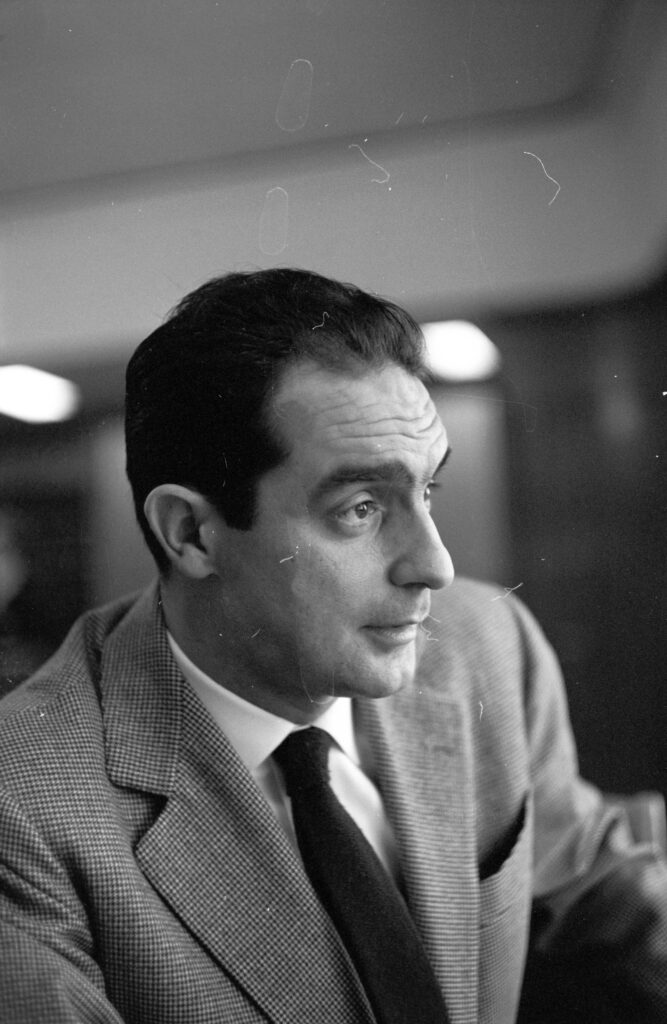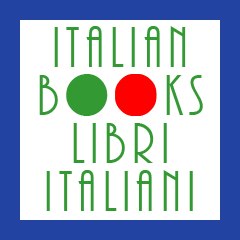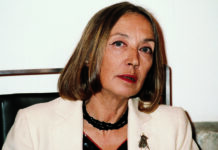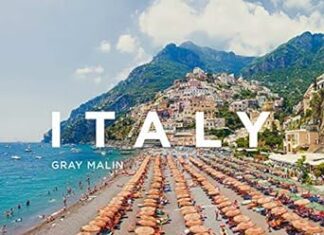The 20th century in Italy was a period of immense social, political, and cultural upheaval, a symphony of discord and renewal. This turbulent backdrop served as a potent muse for a generation of writers who grappled with the complexities of a rapidly changing world. Italian literature of this era witnessed the rise and fall of various movements, each movement leaving an indelible mark on the literary landscape.

Early 20th Century: A Chorus of Voices
The early decades were marked by a vibrant cacophony of voices. Futurism, an avant-garde movement that celebrated technology and progress, had a significant influence on writers like Filippo Tommaso Marinetti, whose manifesto Manifesto of Futurism declared war on traditional forms of art. In stark contrast, others, like Grazia Deledda, the 1926 Nobel Prize winner for her novel Cosima, explored themes of tradition and rural life, offering a counterpoint to the futurists’ focus on the modern. Italo Svevo, a forerunner of modernist literature, delved into the inner psyche and societal alienation in works like Confessions of Zeno, his poignant exploration of a man struggling with neurosis.
The Shadow of Fascism: A Muted Melody
The rise of fascism under Benito Mussolini cast a long shadow on Italian literature, silencing some voices and forcing others into exile. Many writers faced censorship or exile for their dissent. Some, like Luigi Pirandello, the 1934 Nobel laureate known for his play Six Characters in Search of an Author, explored existential themes that resonated with a society grappling with loss of identity and the erosion of truth. Others, like Alberto Moravia, offered scathing critiques of the bourgeoisie in novels like Time of Indifference, a scathing portrayal of a morally indifferent family. Corrado Alvaro (Bitter Stream) also used fiction to critique the social and political climate.
Neorealism: A Song of the Working Class
Following the devastation of World War II, a new movement called Neorealism emerged. Writers like Cesare Pavese (The Moon and the Bonfires) and Elio Vittorini (Conversation in Sicily) turned their focus to the struggles of the working class and the harsh realities of postwar Italy. Their works, characterized by social realism and a focus on everyday life, offered a stark contrast to the bombastic pronouncements of fascist propaganda. Carlo Levi, in Christ Stopped at Eboli, documented his experiences of exile in a remote southern village, exposing the poverty and isolation of a marginalized region.
The Later 20th Century: A Polyphonic Explosion
The latter half of the century saw a renewed focus on experimentation and individual expression. Umberto Eco, a master of postmodern fiction, explored themes of language, meaning, and history in labyrinthine novels like The Name of the Rose. New voices emerged, challenging traditional forms and narratives. Natalia Ginzburg (The Family) tackled feminist themes, dismantling the myth of the idyllic family unit. Elsa Morante (History) explored the complexities of human relationships with a poetic touch, while Dacia Maraini (The Veil) gave voice to the experiences of women in a patriarchal society. Writers like Pier Paolo Pasolini (Ragazzi di Vita) also used their work to address social issues and advocate for marginalized groups.
Beyond the Novel: A Chorus of Genres
Italian literature of the 20th century wasn’t confined to the realm of the novel. Poets like Giuseppe Ungaretti (Life of a Man) and Eugenio Montale (Collected Poems) explored themes of war, alienation, and the human condition through evocative imagery and metaphor. In the realm of drama, Luigi Pirandello’s innovative plays challenged traditional notions of reality and identity, while Dario Fo, a Nobel laureate, used satire and farce to critique social and political injustices. Playwrights like Eduardo De Filippo explored themes of family and community.
A Legacy That Endures
The legacy of 20th-century Italian writers continues to resonate today. Their works offer a window into a period of profound change, a testament to the human spirit’s resilience in the face of adversity. They challenge readers to grapple with universal questions about humanity, society, and the search for meaning.
Further Exploration: Delving Deeper into the Symphony
This article provides just a glimpse into the vast and rich world of 20th-century Italian literature. To delve deeper, consider exploring the works of these authors and movements:
- Futurist writers: Filippo Tommaso Marinetti (Manifesto of Futurism)
- Neorealist writers: Cesare Pavese (The Moon and the Bonfires), Elio Vittorini (Conversation in Sicily), Carlo Levi (Christ Stopped at Eboli)
- Postmodern writers: Italo Calvino (If on a winter’s night a traveler), Umberto Eco (The Name of the Rose), Gianni Celati (Narratori delle pianure)
- Women writers: Natalia Ginzburg (The Family), Elsa Morante (History), Dacia Maraini (The Veil), Alba De Cespedes (The House of Dolls)
- Poets: Giuseppe Ungaretti (Life of a Man), Eugenio Montale (Collected Poems), Salvatore Quasimodo (Complete Poems)
- Playwrights: Luigi Pirandello (Six Characters in Search of an Author), Dario Fo (Accidental Death of an Anarchist), Eduardo De Filippo (Napoli Milionaria)
- Exploring Specific Periods:
- Consider researching specific historical periods within the 20th century to gain a deeper understanding of the social and political context that shaped these writers’ works.
- Rise of Fascism (1922-1945): Examine how writers like Alberto Moravia and Corrado Alvaro used their work to critique the fascist regime.
- World War II (1939-1945): Explore how poets like Giuseppe Ungaretti grappled with the trauma and devastation of war.
- Postwar Period (1945-1960s): Delve into the themes of social realism and working-class struggles in the works of Neorealist writers like Cesare Pavese and Elio Vittorini.
- Beyond the Text:
- Italian Cinema: Explore the works of Italian neorealist filmmakers like Vittorio De Sica and Roberto Rossellini, whose films mirrored the social concerns of the literary movement.
- Historical Context: Research major historical events of the 20th century in Italy, such as the rise and fall of fascism or the economic boom of the 1950s and 1960s, to understand the backdrop against which these writers created.
This exploration is just the beginning. The rich tapestry of 20th-century Italian literature offers endless opportunities for discovery. So, delve into the works of these authors, immerse yourself in their stories, and allow yourself to be transported to a bygone era where the human spirit grappled with the complexities of a rapidly changing world.













